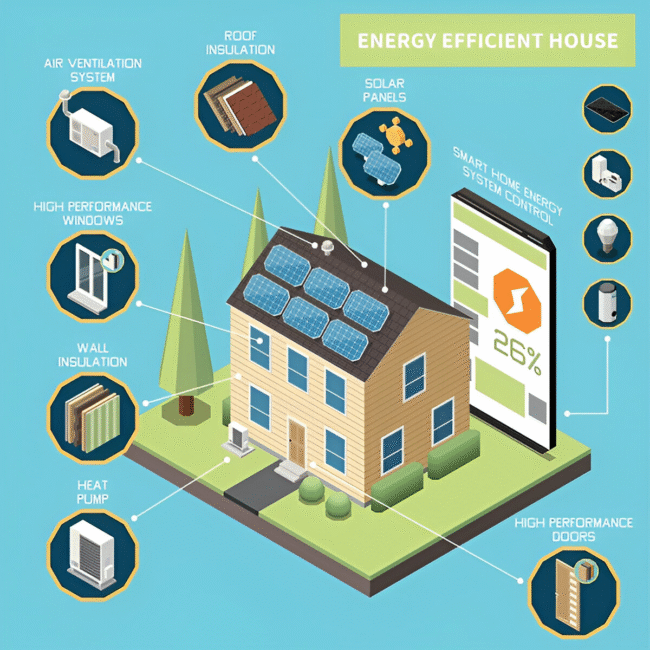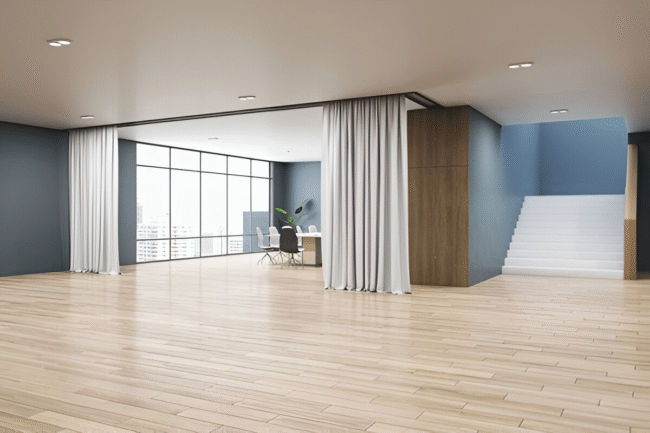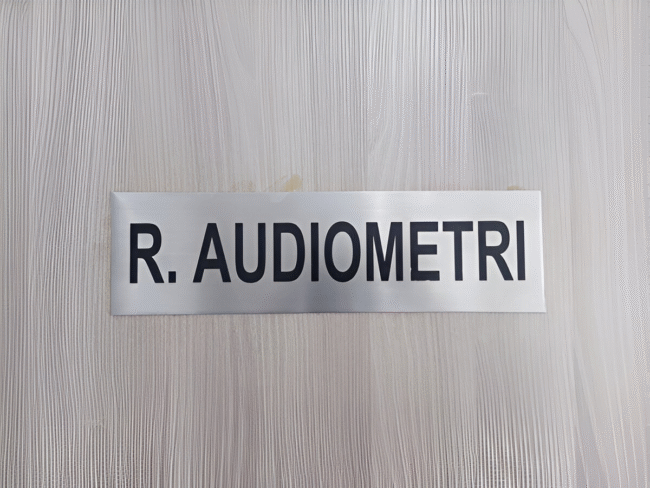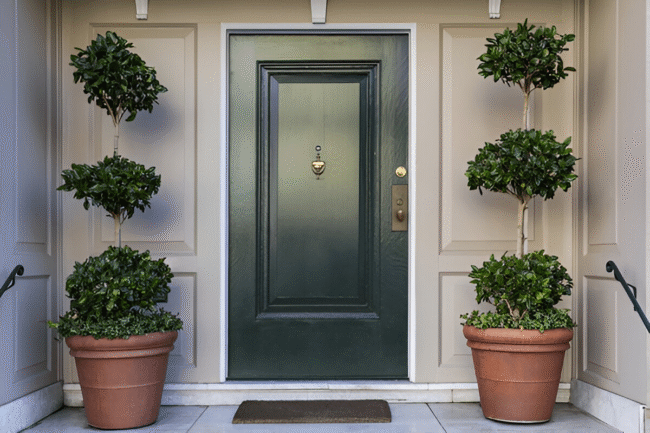
There is home advice that fills a space in someone’s life, and then there is advice that impacts and transforms the space around someone.
Tips DrHomey has advice that really does change the home life space. Known for his clear logic and hands-on wisdom, Dr. Homey does not offer textbook generalized theories. He offers methods that work in real homes, with real budgets and real personal routines.
Whether it’s about making spaces easier to manage or carrying out maintenance tasks like a pro, drhomey handy tips presents a connection between theory and action that no one else working in home advising does. He is not focused on what works but on what lasts.
The Hidden Layers of Home Maintenance

The reality is most homeowners will only react once something is ‘broken. DrHomey takes a completely different approach. To him, home maintenance is a process, not a random task list. He sees every home as having “silent systems” that must be nurtured long before they show symptoms.
He recommends organizing routine care towards the rhythms of human life – for example, checking insulation in homes at the same time every year when humans move their clocks. He emphasizes cleaning dryer vents not as a safety thing but rather as a life extension thing for the appliance.
Environmental Comfort Isn’t Just About Temperature

Temperature isn’t the only factor in home comfort! Tips DrHomey guides you through all dimensions of environmental balancing: light, air quality, moisture levels, and acoustics. He builds layers of elements—like putting the warm-hued lights closer to the colder-toned rooms to balance ambiance in spaces. Instead of using a humidifier, he points to the importance of identifying condensation on windows, which symbolizes the shifting of indoor humidity, resulting in mold or discomfort.
He also suggests using acoustic zoning with basic décor between textures and not needing expensive panels—the fine line between woven throws or vertical bookshelves to soak up harsh echoes from a hard-floored home. These edits change energy patterns in the space, but in small ways can radically enhance your perception of a space.
Spatial Memory: Designing a Home That Thinks Like You

A recurring theme in Dr Homey’s advice, what he refers to as “spatial memory alignment”, is that the arrangement of a home should reflect how the occupants think. He says, for example, a lot of people will store their mess-making cleaners—let’s just say toothpaste—far, far, far away and live with that friction.
He recommends building a system where use and storage exist side by side, like putting dish towels in the drawers right beneath the countertops where spills happen most often. It’s not just a functional space; it rewires the way you make meaning through space.
Energy-awareness as a daily practice

Tips DrHomey does not preach huge transformations—like solar installations—as the only ways to capture efficiencies. He advocates instead micro-awareness, like turning off switches when you leave a room instead of just exiting. Or, letting natural light dictate the shape of furniture before docks and lamps.
He often references a low-light “rest zone” in hallways, so even through the night you can navigate around your home subconsciously without high stimulation. Ultimately, where others saw energy-saving behaviors as a sacrifice, Dr Homey envisions them as a conscious design choice truly aligned to your personal realities of existence. As he says, “Every watt saved is a vote for your future mood.”
Comfort Curation vs Aesthetic Overload

One distinctive philosophy shared by DrHomey is curating homes for tactile and emotional comfort rather than style displays. He discusses surfaces that “invite touch,” such as unsealed wood or soft linen, and furniture that encourages you to be grounded—not just sit. Even his thinking behind color is more in consideration of emotional temperature rather than Pantone trendiness.
He often prompts people to remember the textures and tones of the spaces in which they felt safe as kids and even just to create micro-moments of that in the farthest corners of their home. The end result is not a Pinterest-perfect room but a distinctly human one.
Flexible Living Systems for Changing Lives

One of the most unnoticed challenges of homeownership is the idea of change. Families expand. Routines change. Yet homes tend to be static. Tips DrHomey system encourages us to build in intentional flexibility—for example, he sometimes uses curtain panels to separate large spaces into “zones,” rather than committing to drywall, or chooses furniture pieces that have multiple layers of function that can shift when the situation calls for it.
His philosophy allows your home to be resilient to the passing of time without breaking the bank to renovate. You change, and the space will change with you.
Original Mindset Shift: Viewing Your Home as a Co-Partner

Perhaps his most radical notion is this: your home is not an object. It is a co-partner in your day-to-day well-being. DrHomey suggests instead of naming rooms the standard designations — “living room” or “den” — you name rooms according to what they really do for you.
If the couch is where you brainstorm, maybe that’s your creative bay. If you meditate in the kitchen while waiting for your tea to boil, maybe that’s your calm zone.
The more personally you identify what roles are in your space, the more until your habits become aligned.
Unseen Effort: Designing Systems that Clean Themselves

Tips DrHomey starts with one question: Can your home care for itself when you aren’t looking at it? Surprisingly, the answer is yes — if you build the space correctly.
He recommends building in features such as
- Self-cleaning entry mats that collect debris that requires little upkeep.
- Non-smudge kitchen surfaces that eliminate the need to wipe down daily.
- Effectively distributed plants that clean the air inside your home.
- Textiles that are stain resistant in rooms that get a lot of action, like eating areas or kids’ spaces.
These are not design choices — they are functional choices that save time, minimize effort, allow users a little breathing room, or create homes that appear well-maintained even during the busiest of times.
Decluttering the Decision-Making, Not Just the Closet
Most minimalism advice is about getting rid of stuff. Tips DrHomey goes deeper – he wants to get rid of the mental load of living life in a cluttered space.
Instead of organizing by aesthetic, he suggests organizing by efficiency:
You can group clothes in order of activity (work, errands, sleep) so you can get dressed in seconds.
You can kitchen tools based on how often you use them, not by size or category.
You can use drawer inserts that limit options, forcing you to keep only what you really use.
This creates a home in which your decisions are signature and automatic, so you can spend your energy on what matters. His goal is not less stuff—it is fewer decisions.
Micro-Zoning Tools: Maximising Utility in Spaces Not Best Used

Have an empty corner by your stairs? Have a space next to your fridge you don’t know how to use? DrHomey sees potential.
He presents an interesting idea called micro-zoning. This is about finding a way to convert even 6 inches of wall or floor into a functional concept. Some examples include
Creating a vertical charging station out of a narrow wall.
Adding corner-mounted organizers into your garage for weather gear.
Making mini-health stations with thermometers, sanitizers, and masks in entryways.
Micro-zoning is not about cramming in a bunch of stuff in every single available square inch. It’s about finding utility in spaces where you’d have never thought possible. These micro-zones can create a sense of order, functionality, and clarity for the home.
Conclusion: Why DrHomey’s Tips Redefine More than Homes
What makes Tips DrHomey remarkable is not only his tips – it is the clarity they provide. His suggestions are rooted in empathy, rhythm, and function.
No chasing trendy home décor. No hammer and nails from the hardware store. It is purposeful, human-centered guidance that makes people’s lives lighter and homes sturdier. In a world of overdesign and oversupply of advice, DrHomey simplifies living in your home to a beautiful, sustainable relationship—between you and the space you call your own.
Interesting Topics:
Choice home warranty awards
Luxury villas italy le collectionist
money6x real estate
decoratoradvice com
Payday loans eloanwarehouse
Give Away Look WhatMomFound

